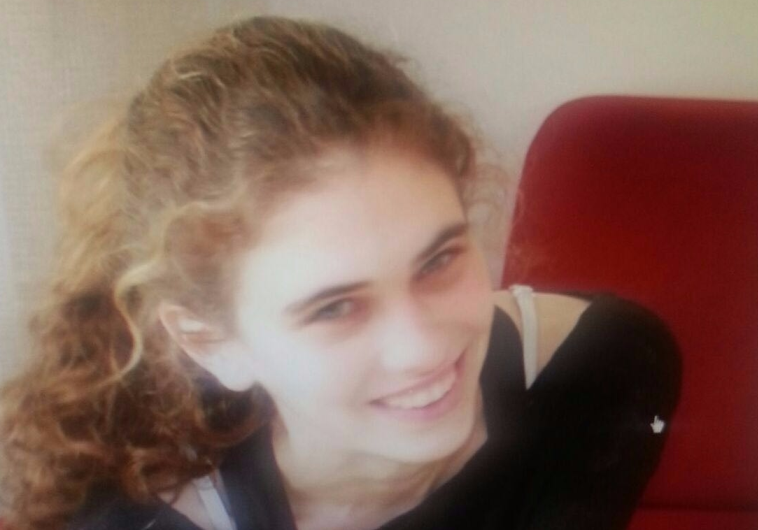'You were born during a storm and were murdered preparing for snow'
Shlomit Krigman's mother eulogizes her daughter murdered by a Palestinian terrorist on Monday.
 Shlomit Krigman, 23, killed in a terror attack in Beit Horon- Jan. 26(photo credit: COURTESY OF THE KRIGMAN FAMILY)Updated:
Shlomit Krigman, 23, killed in a terror attack in Beit Horon- Jan. 26(photo credit: COURTESY OF THE KRIGMAN FAMILY)Updated: